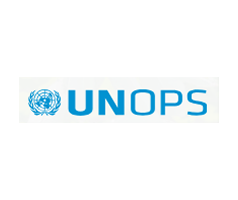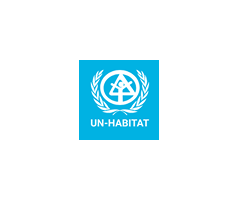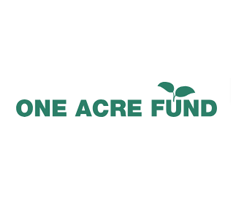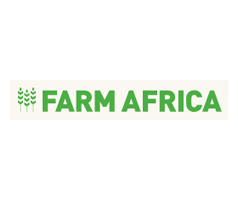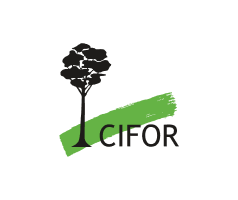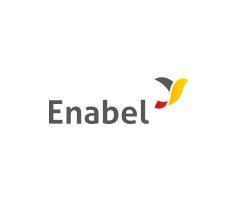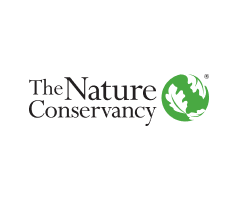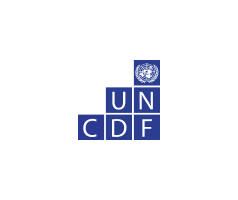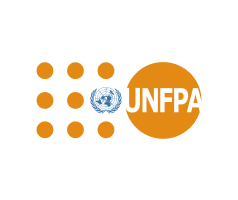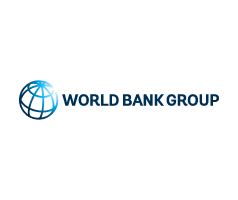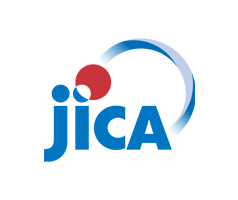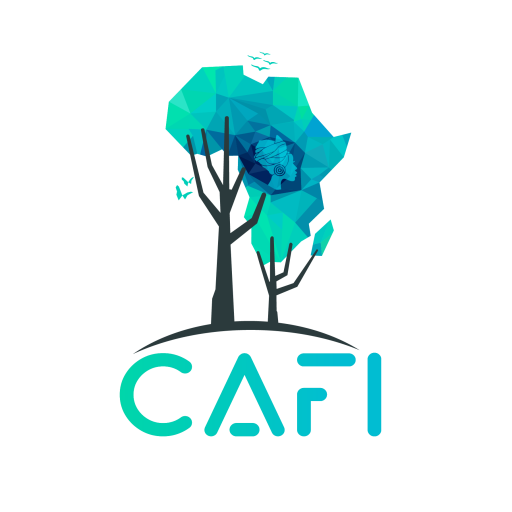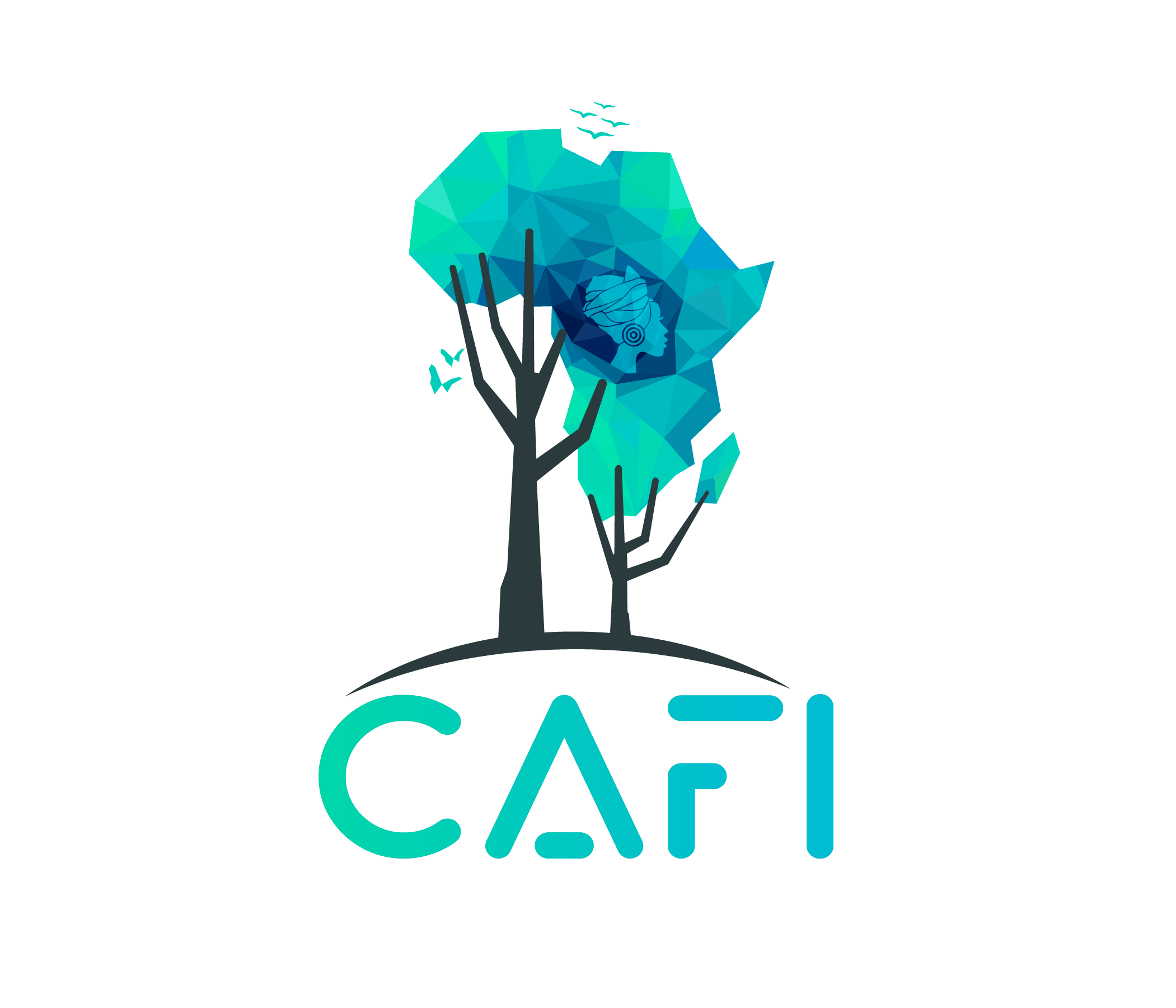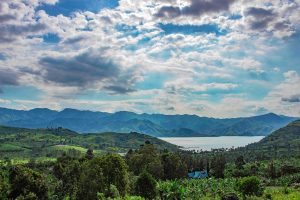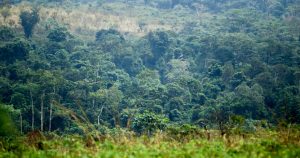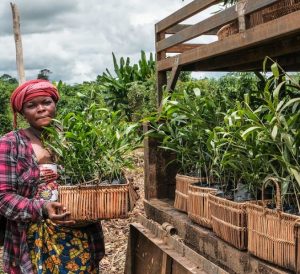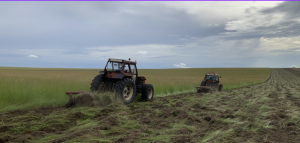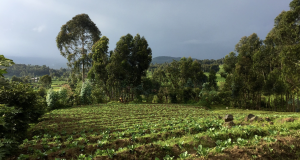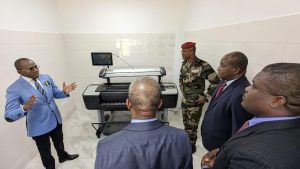What’s happening |
Keep up with our latest news and announcements |
Preparatory grant : Access to affordable financing for SMEs
The Common Fund for Commodities (CFC) received $500,000 to develop a project that facilitates access to affordable financing for small and medium-sized enterprises engaged in sustainable agriculture and forestry, by combining catalytic blended finance with technical...
Forest certification and community management
Gabon is committed to sustainably managing its forests, which cover over 88% of its national territory, while ensuring that forest-based economic activities deliver both environmental and social benefits. This project supports the implementation of Gabon’s Forest...
Costa Rica Joins CAFI : A South South partnership focusing on PES — REAL NEWS
June 5, Geneva – Today, as the World celebrates International Environment Day, Costa Rica officially joined the Central African Forest Initiative (CAFI) as a signatory to the CAFI Interministerial Declaration. For several decades, Costa Rica has been a global leader...
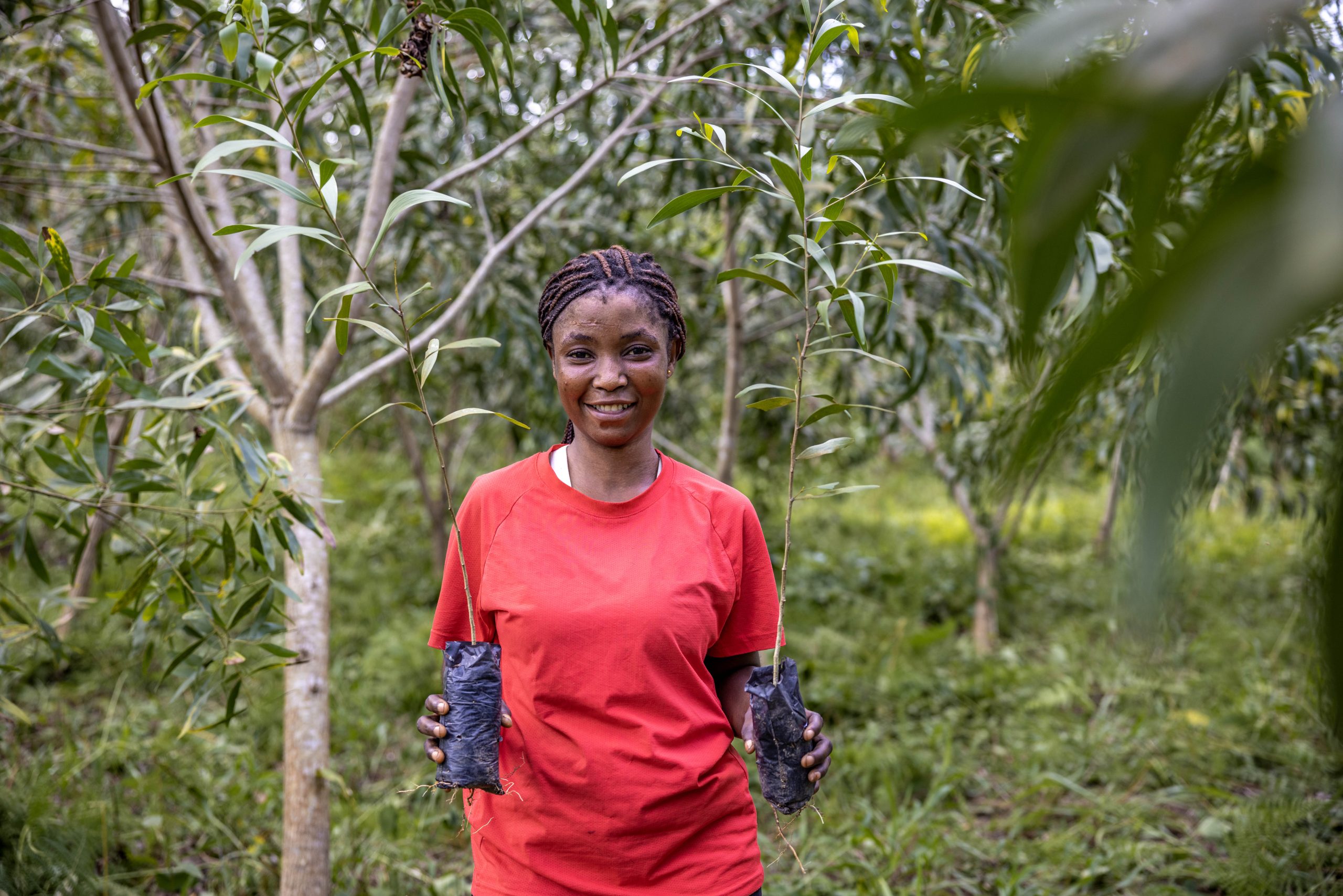
Deploying Payments for Environmental Services at scale in Central Africa
Kinshasa, DRC - The Congo Basin, with its 233 million hectares of tropical forest, is home to exceptional biodiversity and plays a crucial role in climate regulation and the preservation of global biodiversity. Although deforestation deforestation rates have...
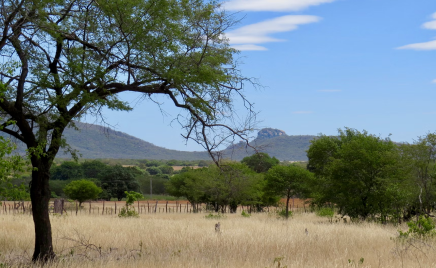
UN General Assembly Announces Decade of Afforestation and Reforestation
The General Assembly proclaims the United Nations Decade of Afforestation and Reforestation for Sustainable Forest Management from 2027 On 17 April, the General Assembly adopted a resolution by 155 votes in favour, by which it decides to proclaim the United Nations...
CAFI Overview
Our Vision :
Forests teeming with life and biodiversity
Thriving rural communities
A stabilised climate
Who we are
Established in 2015, CAFI is a partnership between donor countries, six Central African countries and other stakeholders to curb forest loss. CAFI operates as both a Trust Fund and political platform, supporting National Investment Frameworks through performance-based funding and high-level policy dialogue. It promotes coordinated donor support, cross-sector reforms, and inclusive participation to drive sustainable development and forest protection across Central Africa.
Why we do it
Rainforests, especially in Central Africa, play a vital role in combating climate change and biodiversity loss. Covering just 6% of Earth’s surface, they absorb carbon and shelter over half of terrestrial biodiversity. Central Africa’s forest, that have been called “the world’s most important forest”, stores 1.1 billion tons of CO₂ annually, directly supports over 40 million people and regulate local and regional rainfalls. Despite its resilience, the forest is under growing threat, having lost 6 million hectares since 2001, making land use a major emissions source for CAFI partner countries.
What we do
Through high-level policy dialogue combined with a portfolio of enabling, reform and large scale investments project, CAFI supports its 6 partner countries – Cameroon, the Central African Republic, the Democratic Republic of the Congo, Equatorial Guinea, Gabon and the Republic of Congo to implement the Paris Agreement on Climate Change, fight poverty and develop sustainably, and fulfil the post-2020 biodiversity framework.
How we do it
Based on National Investment Frameworks addressing deforestation drivers, support is formalized through Letters of Intent between CAFI and partner countries, that outline policy reforms, time bound milestones and financial commitments. Projects are implemented by 16 implementing organizations and backed by policy dialogue. CAFI emphasizes transparency, stakeholder participation and inclusion, and accountability. The Fund is governed by an Executive Board, supported by a Secretariat, and managed by the Multi-Partner Trust Fund Office. CAFI seeks to offer flexible, country-specific and coordinated investments.
At a glance
How we meet the objectives of the foundational CAFI Declaration
Million Dollars Committed
Countries with large-scale investments
Million Dollars Transferred
combined emission reduction target from approved projects
approved projects, of which 44 are still active
Number of expected beneficiaries
Projects Portfolio
Our diverse portfolio of projects combines large-scale investments addressing direct drivers of deforestation and forest degradation, support to policy reforms, governance and coordination and preparatory grants. Explore it further
Our Investments
This is Text about strategic investments Phasellus imperdiet ullamcorper purus, vitae eleifend purus. Quisque placerat gravida molestie. Morbi vitae efficitur est. Pellentesque habitant netus et.Phasellus imperdiet ullamcorper purus, vitae eleifend purus. Quisque placerat
Collaborating for Shared Goals
These partner countries come together to tackle common challenges, promote sustainable development, and create impactful solutions for a better future.
Our Partners
CAFI partners with over 30 ministries in six Central African countries, receives contributions from 10 donors, and implements programmes and projects through 23 implementing organizations (UN family, bilateral cooperation agencies and international NGOs)
Our Partners




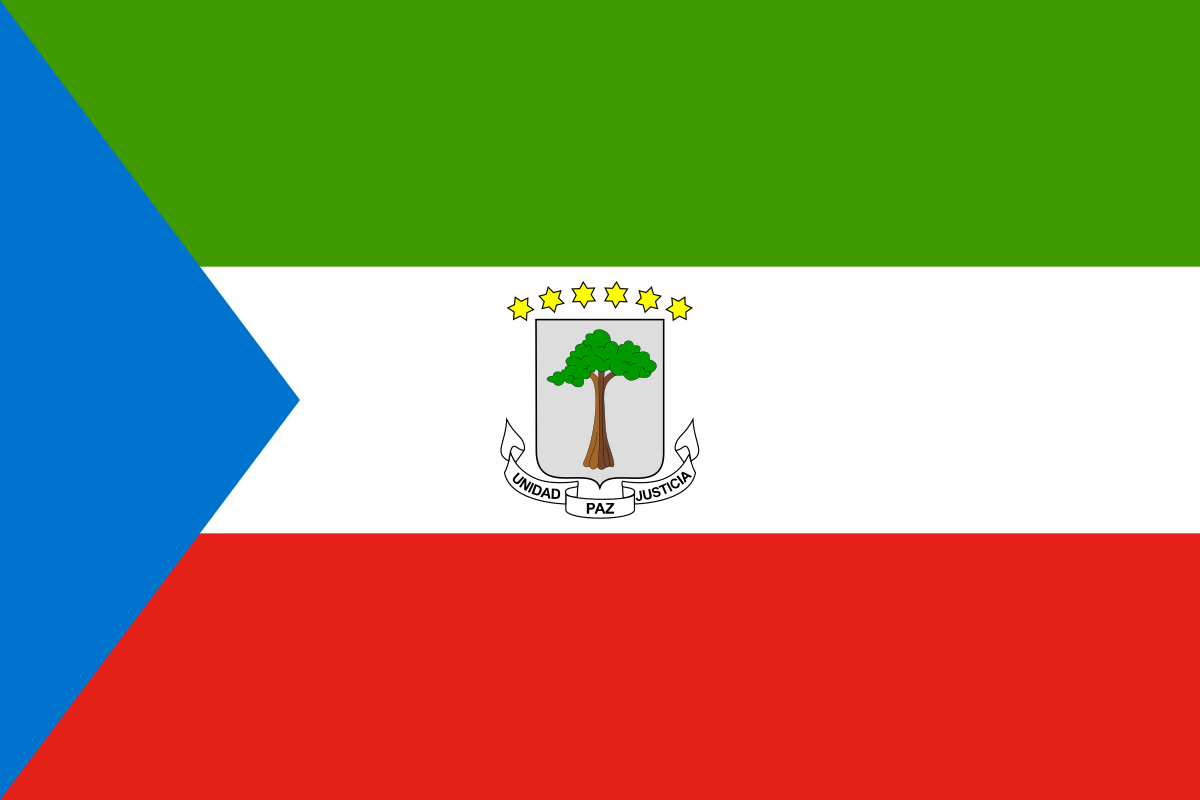

Our Donors
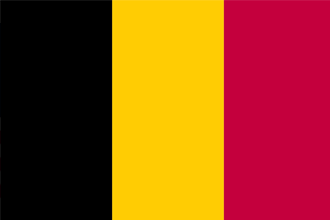
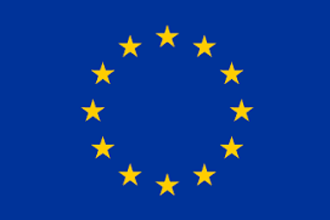

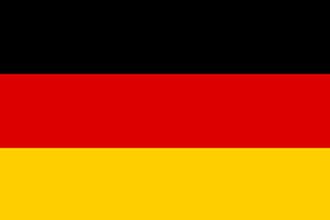
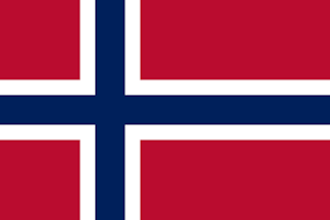
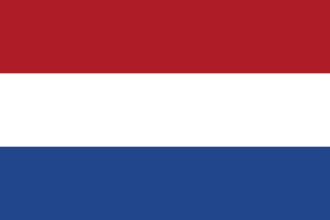
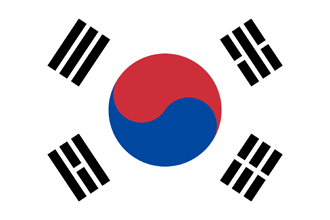
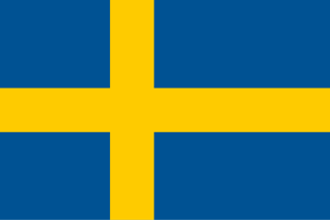

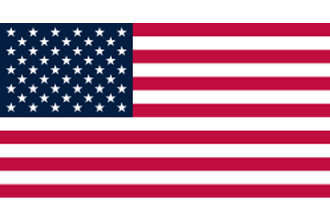
Implementing Organizations
